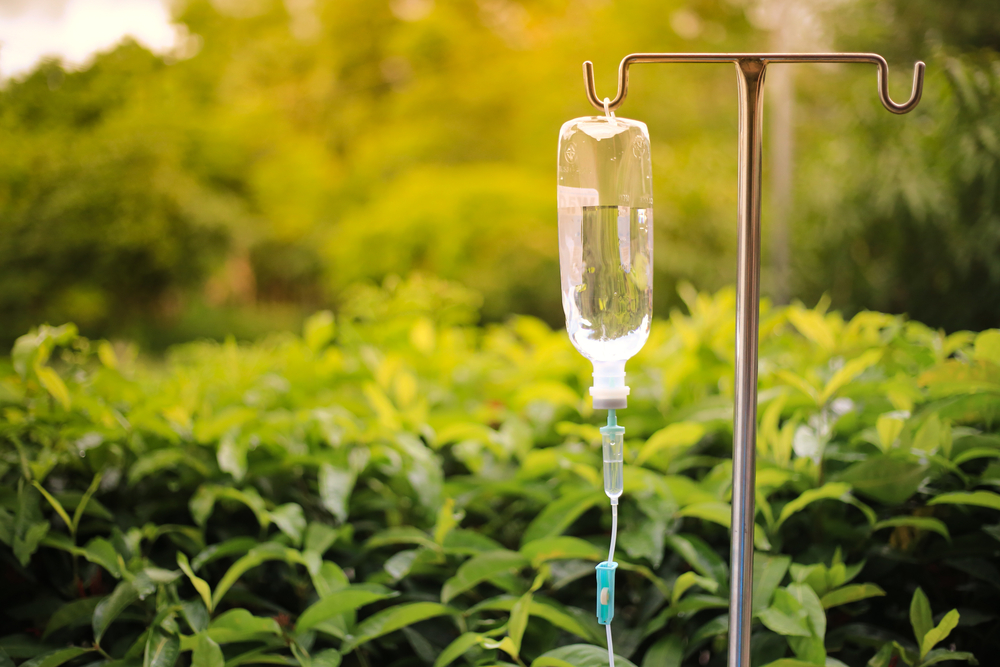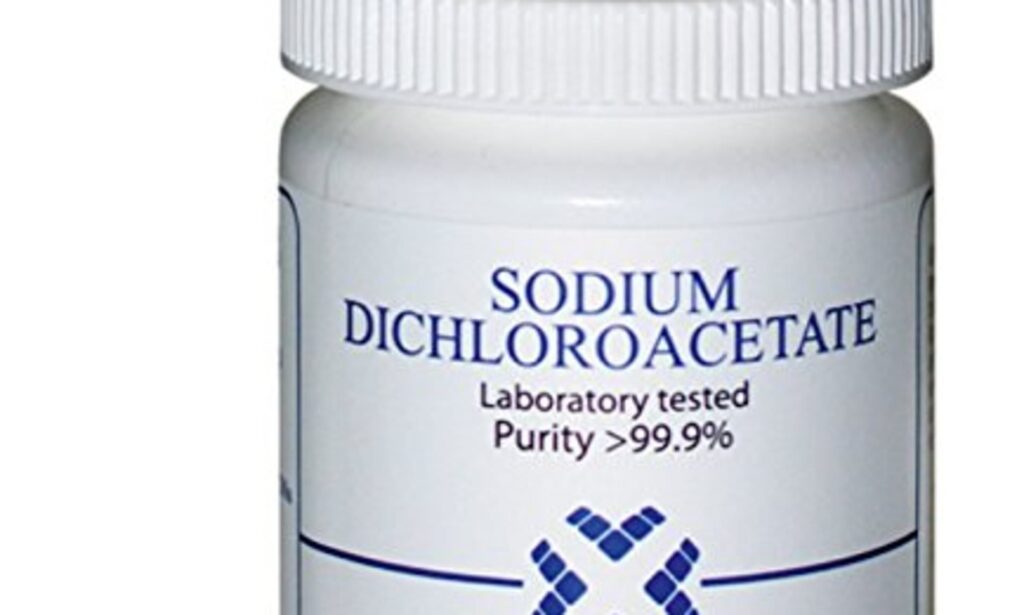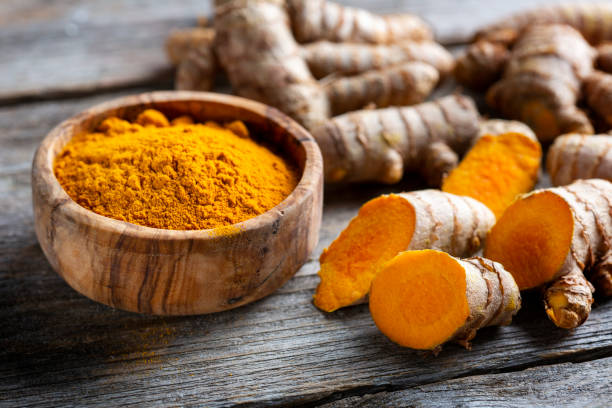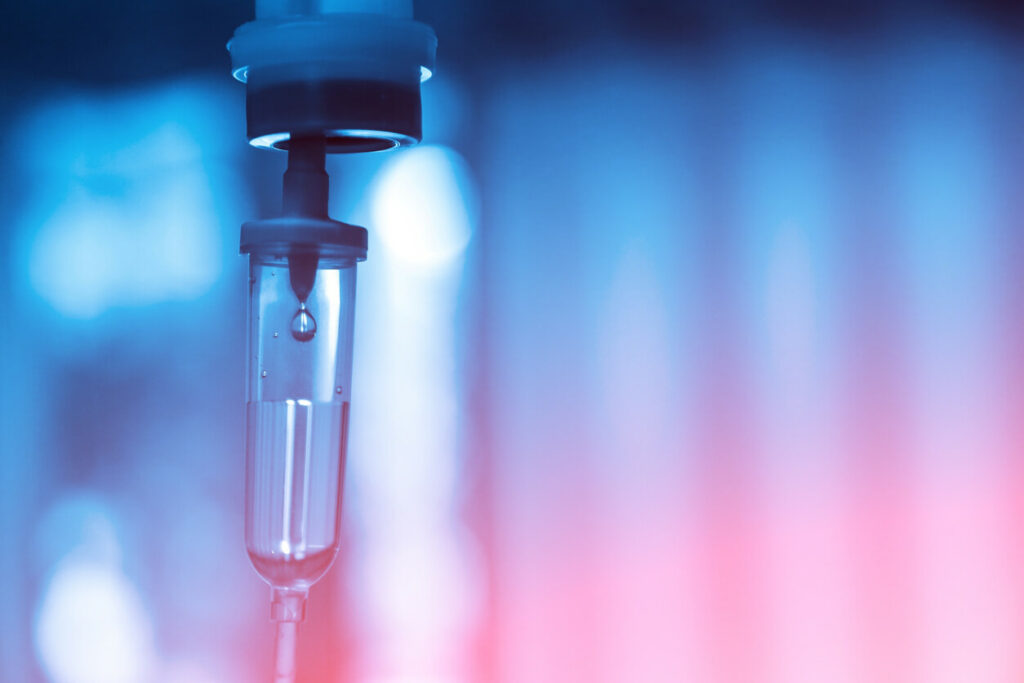Injections And Intravenous Infusions
In many cases of illness where oral medication fails to produce the desired effect, intravenous and intramuscular administration is recommended. Bypassing the gastrointestinal tract, the administered substance enters directly into the bloodstream, reaching the target tissues and organs more rapidly, where the required concentration of these substances is needed to achieve the desired effect.

Advantages of intravenous infusions:
- Effective delivery of active substances to cells and tissues, with the possibility of achieving high concentrations even if the substance is poorly absorbed from the gastrointestinal tract (e.g., curcumin).
- Attainment of higher concentrations in cells; for example, large intravenous doses of vitamin C can only be achieved intravenously compared to maximal oral doses of the same preparation.
- Gentle on the digestive tract in cases where absorption through the intestinal mucosa is impaired, such as after radiation and chemotherapy, celiac disease, ulcerative colitis, and other conditions.
The clinic offers injections and intravenous infusions for the treatment of various health problems:
- Antioxidant agents such as glutathione, resveratrol, vitamins C, E, etc.
- Minerals and trace elements such as magnesium, calcium, selenium, etc.
- Bio-pharmaceutical preparations used in photodynamic therapy, including hypericin, curcumin, riboflavin, etc.
- Herbal extracts for cancer treatment, such as curcumin, artesunate, etc.
- Water and fat-soluble vitamins for intramuscular administration, including various doses of vitamin C, B complex vitamins, biotin, folic acid, ADEK, riboflavin, etc.
- Amino acid solutions (individual amino acids and complexes) for normalizing immune function, cancer patients, improving CNS and peripheral nervous system function, etc.
- Bio-pharmaceutical preparations for the treatment of joint diseases, including hydroxyproline, MSM, DMSO, etc.
- Polyphenols such as Oliphenolia, EGCG.
- Preparations for normalizing lipid metabolism, such as resveratrol.
- Treatment of Alzheimer’s disease and dementia.
- Bio-pharmaceutical preparations for systemic enzyme therapy in cases of chronic inflammatory diseases.
- Infusions to reduce the body’s internal acidic environment.
- Bio-pharmaceutical preparations to help eliminate heavy metals from the body.
- Preparations for the treatment of chronic pain, including MSM, hydroxyproline, phenylalanine, DMSO, etc.
The role of antioxidants in cancer therapy:
Antioxidants play a crucial role in cancer therapy. Many consider glutathione to be the “master antioxidant” due to its potent antioxidant effects. Antioxidants, best taken daily with food, can protect healthy cells and neutralize free radicals generated, for example, by toxic exposure or radiation and chemotherapy. Well-known antioxidants include various vitamins such as A, C, E, the mineral selenium, and the natural active substance described here, glutathione.
Glutathione – detoxification and cell activation:
Glutathione possesses a special ability to strengthen liver function and provide comprehensive body detoxification. This is equally important in cases of pain syndromes, as well as in states of exhaustion and, of course, in cancer cases. The body is freed, immune cell activity increases, and healthy tissues are protected.
Combination therapy methods are beneficial:
Glutathione has a particularly favorable effect when used in combination with other measures. These include a liver-supportive diet, “natural” pure water, liver wrapping, teas, and specific therapies such as thermal procedures, magnetic field therapy, and much more.
Dichloroacetate (DCA) for cancer treatment
Initially, the medication dichloroacetate (DCA) was used to treat a rare metabolic disorder (lactic acidosis) in children. Then, a research group from Canada discovered that DCA could also be used in cancer treatment. DCA mainly acts as an energy production activator in mitochondria, which is disrupted in cancer cells. Cancer cells do not utilize the usual metabolic pathway in their mitochondria to obtain energy from food and oxygen; instead, they ferment sugar without oxygen. As a result, they lose a lot of usable energy and engage in primitive survival metabolism. DCA can at least partially restore impaired mitochondrial function. Thus, natural cell death (apoptosis) can occur again. Therefore, DCA has a restorative effect on cancer cells or, as experts say, re-differentiates them. It is beneficial to combine DCA with other methods working in the same direction, such as switching to a low-carbohydrate diet and additional treatment with hyperthermia, etc.

Turmeric and curcumin – aiding against cancer
Turmeric, specifically curcumin, has been well-tried and recently researched. The pronounced healing power of turmeric (Curcuma longa) has been highly valued in Ayurvedic medicine. Its bile-stimulating and metabolism-enhancing effects have been successfully used in European medicine for centuries.
Curcumin infusions – scientifically proven effectiveness:
The active substance “curcumin” is the focus of many studies that continue to demonstrate its therapeutic effectiveness. However, it has only been possible to administer this active substance in infusion form for a few years. We particularly appreciate curcumin infusions because they are used in oncology, although they can also be used for the treatment of many other chronic diseases.
More and more new studies prove the high effectiveness of curcumin. It has been demonstrated that curcumin extracts possess anti-cancer, anti-inflammatory, antioxidant properties, as well as anti-microbial effects, making them suitable for successfully combating chronic infections, which are often encountered in cancer cases. When vitamin D is administered simultaneously with curcumin, it seems that these two active ingredients beneficially complement and enhance each other.

“Prokaine base” infusions for detoxification and alkalinization
Inflammation and elevated acidity are two of the most important causes of diseases. By combining the anti-inflammatory agent prokaine with an alkaline carrier solution, sodium bicarbonate, we combat these disorders in a manner firmly established in naturopathy: with prokaine base infusions.
Prokaine is one of the medications that has held a stable place in medicine for over 100 years, thanks to its good efficacy and tolerance. Prokaine has become particularly well-known because it is used in nerve therapy. Many scientific studies have demonstrated the excellent properties of this medication in the body, including vasodilation, anti-inflammatory, pain relief, antioxidant effects, and a balancing influence on the autonomic nervous system.
Sodium bicarbonate is a base naturally produced by the body. Since ancient times, sodium salts (pure sodium bicarbonate) have been used to treat elevated acidity in blood and tissues. Nowadays, the intake of bases has been successfully used, especially in the treatment of digestive disorders, many chronic diseases, and biological cancer therapy.
Prokaine base infusions combine the good properties of both drugs.
Tissue alkalinization is accelerated, blood flow improves, chronically undersupplied, painful, and irritated tissues are released and can regenerate; additionally, pain relief and relaxation can be achieved using the autonomic nervous system. This can ignore some of the main mechanisms that contribute to chronic diseases and cancer development.

Artesunate – an effective remedy against cancer and malaria
Sweet wormwood (Artemisia annua) has been used for centuries as a traditional remedy for infections. In 2015, the Nobel Prize in Medicine was awarded to Chinese researcher Tu Youyou for discovering the active substance artemisinin from this medicinal plant as an anti-malarial agent. But not only malaria patients can benefit from this discovery. Since 2005, the same active substance has been known to have an anti-cancer effect, resulting in hundreds of scientific publications on artesunate as a cancer treatment since then.
The complex mechanism of action destroys cancer cells by oxidizing the iron-containing proteins therein. Another pharmacological effect of artesunate is the inhibition of the formation of new blood vessels (neoangiogenesis) in the environment that tumors stimulate to obtain more food. It is known that tumor cells that proliferate rapidly attract a lot of iron. This fact, among others, leads to the development of anemia over time in cancer patients, and they feel tired. By treating with artesunate, iron stores in the body and cancer cells are usually replenished beforehand by administering iron infusions beforehand or in parallel with artesunate.
The intravenous administration of artesunate is straightforward and usually very well tolerated. In cases of low blood values, so-called anemia, this must first be corrected before artesunate therapy can be started.

